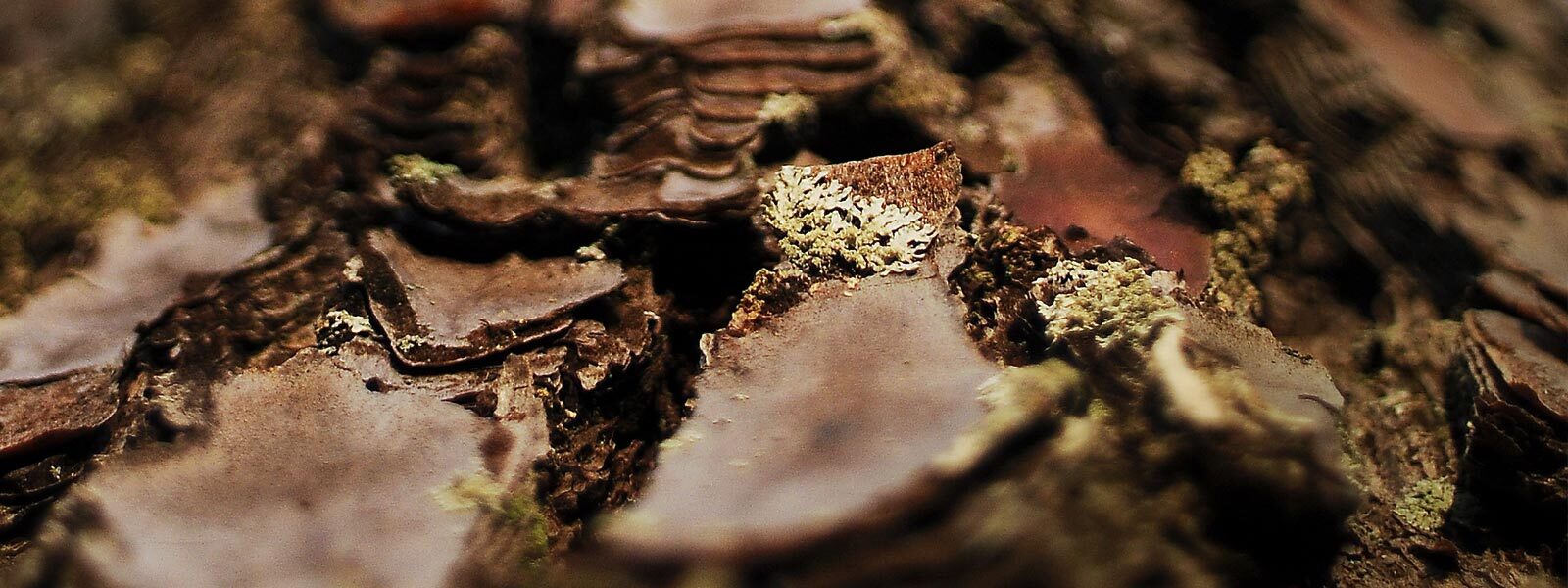GENEVA-Switzerland - According to the Center for Disease Control (CDC), osteoarthritis, the most common type of arthritis, is on the rise. A new study published in the August journal of Phytotherapy Research, reveals Pycnogenol®, bark extract from the French maritime pine tree, reduced overall knee osteoarthritis (OA) symptoms by 20.9 percent and lowered pain by 40.3 percent. To date, this is the third clinical trial on osteoarthritis treatment with Pycnogenol®. This study investigated what happens to joint symptoms after treatment with Pycnogenol is terminated and the results show that no relapse occurred after two weeks. Pycnogenol acts as potent anti-inflammatory and the lasting effects found in this study suggest that Pycnogenol may help the joints to recover.
With osteoarthritis cases on the rise, many are seeking non-traditional medication to help ease the pain and reduce the amount of traditional medication taken. The CDC estimates osteoarthritis affects 34 percent of all adults over the age of 65. In 2005, an estimated 26.9 million adults in the U.S. had osteoarthritis, which was up from 21 million in 1990. While there's no known cure for osteoarthritis, treatments such as nonsteroidal anti-inflammatory drugs (NSAIDs) or analgesics can help reduce pain and also maintain joint movement, to help the quality of life for people living with the disease. In more severe cases, cortisone shots and joint replacement surgery are used to treat OA.
